

I absolutely agree with everyone who recommends an older machine and a good service centre. But I’ve gone against that advice for myself and have a newer computerised machine for myself, simply because it has a needle threader and my eyesight is not great these days - I was starting to struggle to thread the needle on the older machine.
Anything that’s not the cheapest machine will generally be ok. Most of the fancy options that make machines expensive are not really necessary, as long as the machine can sew straight and zig-zag you have nearly everything covered.

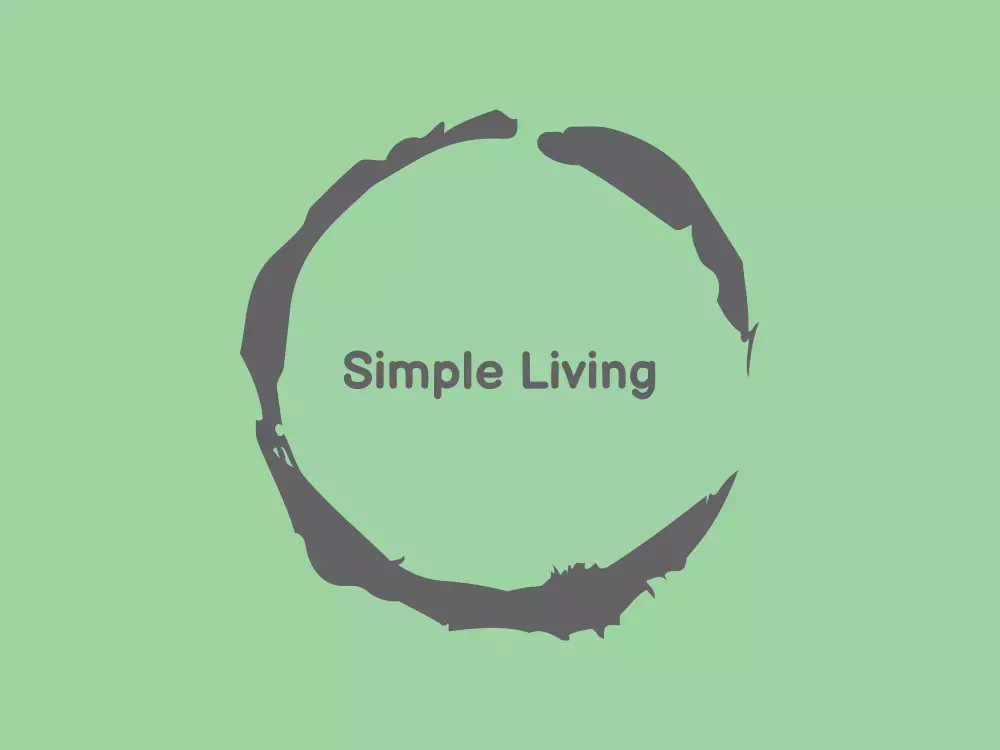



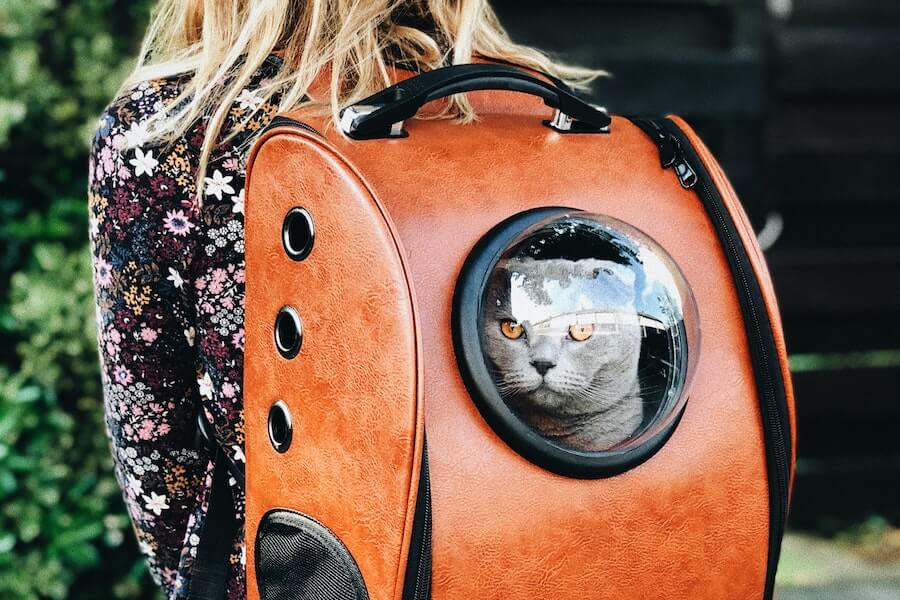





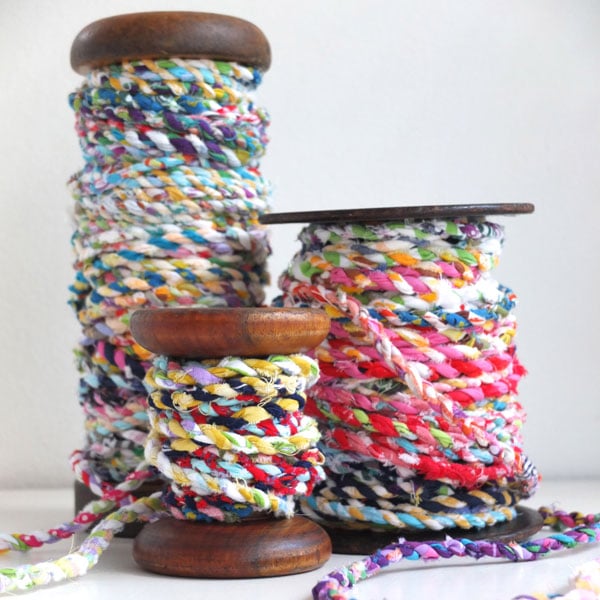

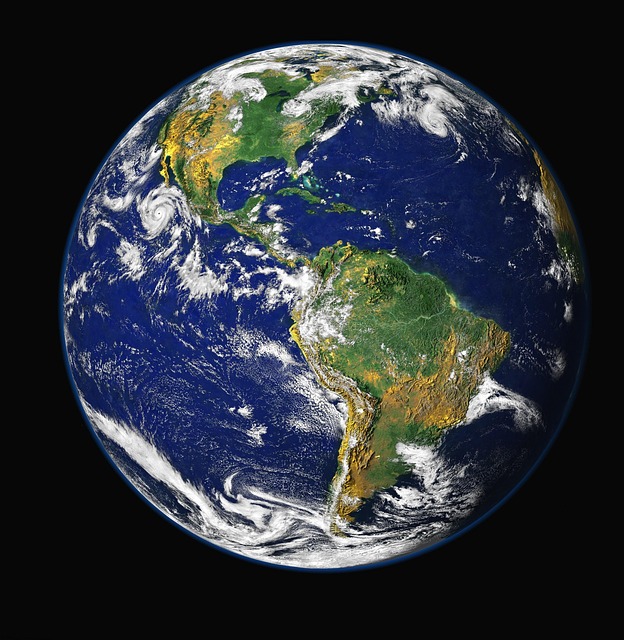
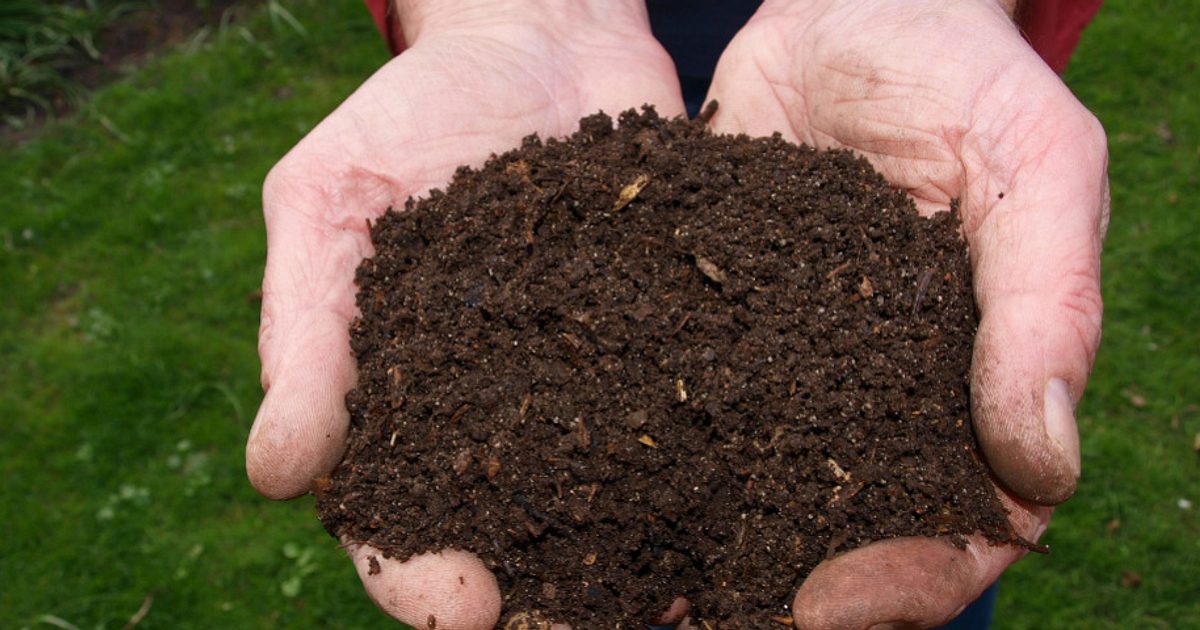

I’ve started making a few non-financial changes to put me in a better position. I’m organising to move my work to a lower cost of living area, which will put me in a position that buying a property should be within reach. I’ve also upgraded my vehicle to a newer model (old car was 2006, just purchased a 2019 model). It’s a small van instead of a car, with the potential to be made into a micro-camper which will give me some cheaper holiday options in the future.
I had good timing selling some ETFs to get cash for the car (and because the move means my timeframe for wanting a house deposit have been moved forward). It wasn’t at the peak of prices, but was before most of the drop.